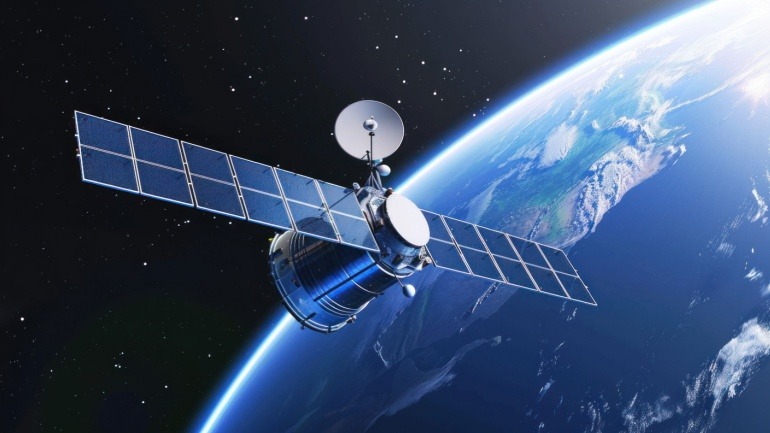Luxembourg’s advanced digital infrastructure makes it an ideal headquarters for SatCo, the joint venture between Vodafone and AST SpaceMobile. This strategic move aims to deliver direct-to-device satellite broadband across Europe, enhancing digital sovereignty.
T-Mobile will launch its T-Satellite NTN on July 23, expanding satellite-to-cellular service to areas without terrestrial coverage. With 1.8 million beta users already active, the service enables seamless messaging on existing devices. Future features include multimedia messaging and emergency texting, even for non T-Mobile customers.
France has struck a major deal with Eutelsat to boost military satellite communications using OneWeb’s LEO constellation. The agreement supports urgent defense needs ahead of Europe’s IRIS2 system and could raise France’s stake in Eutelsat to 30 percent.
ESA and Hispasat have launched a joint effort to develop secure quantum key distribution via satellite and terrestrial networks. The Q-Design project involves major telecom and banking players, aiming to roll out a versatile QKD system by 2028.
Starlink has secured approval to provide satellite broadband in India, entering a competitive field with Airtel and Jio. Backed by a key license, it must meet strict local data and infrastructure rules before launch. With trial spectrum rights expected soon, Starlink prepares to help bridge connectivity gaps in underserved regions.
Deutsche Telekom is investing in the EU’s IRIS2 satellite project to build a cutting-edge multi-orbital communication constellation. This initiative will enhance Europe’s digital infrastructure, reinforcing technological sovereignty with advanced IT, secure networks, and 5G.
Colt Technology Services, Honeywell, and Nokia are partnering to develop quantum-safe satellite networking. By using quantum key distribution from low earth orbit, they aim to secure global data transmission against quantum computing threats, overcoming the distance limits of fiber optics.
Intelsat is expanding its satellite services in the Solomon Islands and India, improving rural connectivity and supporting broadcast networks. A new agreement with STCL brings better voice and data access to remote island communities, while India’s approval opens the door for expanded satellite coverage and content delivery using four geostationary satellites.
The FCC is exploring opening over 20,000 MHz of underused spectrum for satellite use, potentially benefiting companies like SpaceX. This move comes amid rising criticism of Dish Network for underutilizing its licensed frequencies and signals growing regulatory support for the satellite broadband sector.













